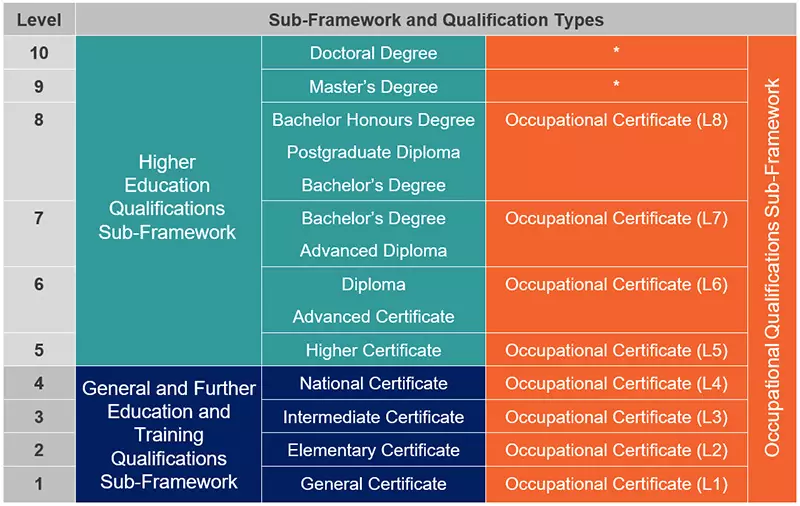Although companies strive towards Zero unplanned Stops (ZupS), breakdowns or accidents are imminent. In order to get the best possible turnaround time from such an incident, companies keep spares on site.
Says Nelson Broden, Associate Consultant at Pragma: “The problem is that the spares volumes increase to such a level that they can become a financial burden with capital tied up. Spares optimisation is the process of understanding the criticality of each spare, deciding on the appropriate strategy of the spares and driving down the capital value locked up in storage without compromising on the asset performance.”
Broden continues: “Materials management plays a vital role in physical asset management. In order for a company to operate at its optimum, it needs as little downtime as possible, and the maintenance, repair and operational (MRO) items help companies to achieve this. With a good spares list within an Enterprise Asset Management System (EAMS) or CMMS (Computerised Maintenance Management System), it is possible to better plan preventive jobs, and have accurate material costs of jobs already completed.”
Since spares can add up to a very large amount, savings can also be large. Adds Broden: “The trick is to get to the lowest level of tied-up capital without compromising any uptime. In a recent project a client had over R12 million of spares that had never been issued in three years. By assessing how critical every spare is, and other factors like economic re-order quantities and supplier lead times, this figure can be radically reduced in order to free up capital for other projects that can in turn directly impact the turnover. Even when spares do not amount to a large amount, spares optimisation as well as 5S make the stores team efficient and effective, driving down waiting times and resources required to perform stores management.”
Pragma has a business process called Warehousing which guides clients through the most essential aspects of Materials Management. It looks at the complete process from purchasing to picking and issuing of spares. Pragma’s business process also includes best practices that enable us to develop custom solutions in line with world-class standards. In addition to the business process, Pragma offers 5S training that helps with the housekeeping within the stores. 5S plays an instrumental role in keeping a store clean and in order.
Broden concludes: “Spares play a major part in the quest for ZupS. Since the maintenance team is almost always in charge of stores, they want to keep as many spares as possible in order to have the least amount of waiting time before uptime is achieved. This translates to a high capital value in the stores and often redundant spares as the company evolves. On the other spectrum, if finance is in charge of stores, the focus is primarily on reducing capital tied up in the stores, which has a negative impact on performance. Stores and spares optimisation find the balance between the two extremes and help to realise the optimum level of capital with the lowest turnaround time.”
